"Self-care is giving the world the best of you, instead of the rest of you." |
|||||||||||||||||||||||||
| | If you feel your child is old enough, show them how to clean some of their high touch surfaces like phones, tablets, remote controls, and video game controllers with sanitizing wipes. Watch the cool video!! |
Check it out!
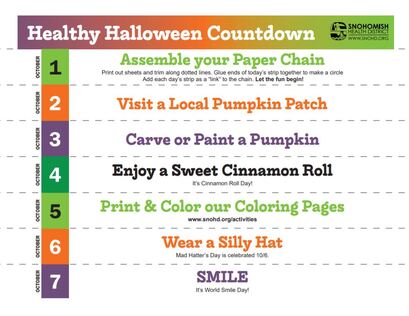
You can also have them check out this cool zine on COVID-19 created by NPR. It’s written especially for kids and can easily be printed out. It includes information from experts at the University of Illinois, Louisiana State University, and the National Institute of Mental Health.
Daily update on COVID-19 case numbers
The Department of Health COVID-19 webpage is updated daily with the number of people confirmed to have positive cases and the number of people who have died of COVID-19 in Washington State.
Get and spread reliable information on COVID-19
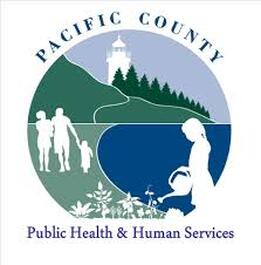
Check the Department of Health website for the most up-to-date info on Washington’s response to COVID-19 at www.doh.wa.gov/coronavirus.
Fight stigma, public panic, and misinformation by getting your information from trusted sources. Listen to guidance from the World Health Organization, the U.S. Centers for Disease Control, and your local health department. Don't forget to check out our FAQ!
Fight stigma, public panic, and misinformation by getting your information from trusted sources. Listen to guidance from the World Health Organization, the U.S. Centers for Disease Control, and your local health department. Don't forget to check out our FAQ!
| faq_covid.pdf | |
| File Size: | 556 kb |
| File Type: | |
Pulled from Medium.com
Update June 1, 2020
Below is a list of restaurants in North Pacific County offering take-out and/or delivery for lunch and dinner.
Help us support our local small businesses during these tough times by treating yourself to a delicious lunch or dinner, or purchasing a gift card.
For a list of South County restaurants, please click here.
Help us support our local small businesses during these tough times by treating yourself to a delicious lunch or dinner, or purchasing a gift card.
For a list of South County restaurants, please click here.
Big Nick's Pizza and Pasta

Big Nicks Pizza and Pasta
Sunday - Thursday: 11am - 9pm
Fridays/Saturdays: 11am - 10am
706 Willapa Place, Raymond WA
(360) 934-5735
Sunday - Thursday: 11am - 9pm
Fridays/Saturdays: 11am - 10am
706 Willapa Place, Raymond WA
(360) 934-5735
Willapa Brewing Co.

Willapa Brewing Co
Monday - Saturday - 12-8pm
Sunday - 12-6pm
405 Minnesota Ave, South Bend WA
(360) 875-8398
Monday - Saturday - 12-8pm
Sunday - 12-6pm
405 Minnesota Ave, South Bend WA
(360) 875-8398
Wild Man Brewing Company

Wild Man Brewing Company
Tuesday - Saturday (11am - 2pm & 3pm - 7pm)
Sunday (3pm - 7pm)
203 Duryea Street, Raymond WA
(360) 875-8025
Tuesday - Saturday (11am - 2pm & 3pm - 7pm)
Sunday (3pm - 7pm)
203 Duryea Street, Raymond WA
(360) 875-8025
Pitchwood Alehouse

Pitchwood Alehouse
Tuesdays - Sundays: 11am - 10pm
Closed Sundays and Mondays
425 3rd Street, Raymond WA
(360) 942-5313 / (360) 875-8552
Tuesdays - Sundays: 11am - 10pm
Closed Sundays and Mondays
425 3rd Street, Raymond WA
(360) 942-5313 / (360) 875-8552
Sheila's Kountry Kitchen

Elixir Coffee Shop

Elixir Coffee Shop
Monday - Sunday: 7:30am - 3:00pm
1015 West Robert Bush Drive
South Bend, WA 98586
(360) 875-8032
Monday - Sunday: 7:30am - 3:00pm
1015 West Robert Bush Drive
South Bend, WA 98586
(360) 875-8032
Las Maracas Mexican Restaurant

Las Maracas Mexican Restaurant (11am - 9pm)
Monday - Sunday: 11am - 9pm
705 Willapa Place, Raymond WA
(360) 942-6151
Monday - Sunday: 11am - 9pm
705 Willapa Place, Raymond WA
(360) 942-6151
Jayden's German Store
| Jayden's German Store Open for lunch/dinner Thursday - Monday: 11am - 5pm 608 Robert Bush Drive, South Bend WA (360) 875 -8012 |
Betzy's

Betzy's (9am - 4:30pm)
Monday - Friday: 9am - 4:30pm
Saturday: 9am - 3pm & Sundays: closed
1112 W Robert Bush Drive, South Bend WA
(360) 875-4193
Monday - Friday: 9am - 4:30pm
Saturday: 9am - 3pm & Sundays: closed
1112 W Robert Bush Drive, South Bend WA
(360) 875-4193
The Barge Restaurant
The Barge Restaurant
Monday - Sunday: 11am - 8pm (take-out only)
160 Laurel Ave, Raymond WA
(360) 942-5100
Monday - Sunday: 11am - 8pm (take-out only)
160 Laurel Ave, Raymond WA
(360) 942-5100
Timber Grounds

Timber Grounds
520 W Robert Bush Drive, South Bend WA
(360) 875-8568
Monday - Friday: 5:30am - 5:30pm
Saturdays/Sundays: 7:00am - 4:30pm
520 W Robert Bush Drive, South Bend WA
(360) 875-8568
Monday - Friday: 5:30am - 5:30pm
Saturdays/Sundays: 7:00am - 4:30pm
The Daily Perk

The Daily Perk
Monday - Saturday: 6am - 6pm
Sundays: 7am - 5pm
265 5th Street, Raymond WA
(360) 942-3757
Monday - Saturday: 6am - 6pm
Sundays: 7am - 5pm
265 5th Street, Raymond WA
(360) 942-3757
7th Street Coffee

7th Street Coffee
Monday - Friday: 5:30am - 6:00pm
Saturdays: 6:00am - 6:00pm
Sundays: 6:30am - 6:00pm
206 7th Street, Raymond WA
(360) 845-8127
Monday - Friday: 5:30am - 6:00pm
Saturdays: 6:00am - 6:00pm
Sundays: 6:30am - 6:00pm
206 7th Street, Raymond WA
(360) 845-8127
We need each other. Being isolated from other people can make our physical and mental health worse and can especially trigger anxiety and depression. Especially if you live alone, social distancing is hard on our bodies and our emotions. And when we add to that the worries about unknowns—will I get sick? Will someone I love get sick? What will happen to my job?—we layer on additional stresses to our physical and mental health. If you find yourself lonely, stressed, or anxious, pay attention to these emotions and take action.
Avoid watching, reading, or listening to news reports that cause you to feel anxious or distressed.
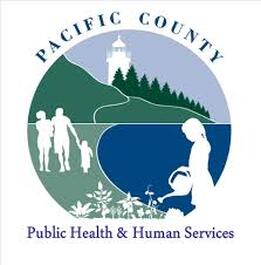
A near-constant stream of news reports is not calming. Seek out information from reliable sources like the Washington State Department of Health or the Centers for Disease Control and Prevention just a couple times a day. Fact check what you see on social media. Spread good information.
Reliable Sources:
Stay connected with others and maintain your social networks.
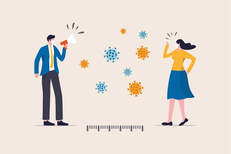
Go for a walk and wave to your neighbors from six feet away. Ask them if they are well and if they need anything.
Introduce structure into your day.

Structure and routine may be helpful for people with mental health vulnerabilities, especially during times of uncertainty. Even if you are working from home or if your life looks completely different right now, try to maintain familiar routines in daily life as much as possible. Maybe we’ll feel better if we shower, get dressed, and eat breakfast.
Check out these resources to help support your mental health, or that of a loved one:
Care for Your Coronavirus Anxiety Toolkit
How to Help Someone with Anxiety or Depression during COVID-19
Resources to Support Mental Health and Coping with the Coronavirus
Local Warm Line through Willapa Behavioral Health, as well as the local crisis line and the national suicide prevention lifeline. Attached PDF below.
How to Help Someone with Anxiety or Depression during COVID-19
Resources to Support Mental Health and Coping with the Coronavirus
Local Warm Line through Willapa Behavioral Health, as well as the local crisis line and the national suicide prevention lifeline. Attached PDF below.
| Warm Flyer - Willapa Behavioral Health | |
| File Size: | 1070 kb |
| File Type: | |

Everyone is changing how we live our lives as we adapt to the COVID-19 emergency and Governor Inslee's Stay Home, Stay Healthy Order. Families at home with small children have unique challenges addressing their own needs and those of their children. What is a parent to do?
Fortunately child development experts, educators, and parent support organizations are posting great information and ideas for families. The Department of Health has provided a list of resources, information and ideas - we shared them below!
Fortunately child development experts, educators, and parent support organizations are posting great information and ideas for families. The Department of Health has provided a list of resources, information and ideas - we shared them below!
Information for parents and caregivers | Fun Tips and Activities for Children and Families |
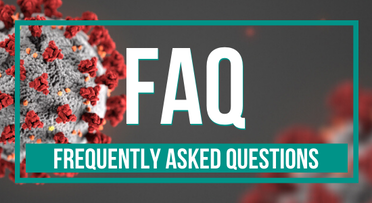
Visit the Pacific County Health and Human Services' website for updated WA State COVID-19 numbers, resources and information: http://pacificcountyhealthdepartment.com/covid-19.
For additional resources, please click the button below.
For additional questions, the Pacific County Emergency Operations Center Hotline will be open from 8:00am to 4:00 p.m. to answer questions from the public about COVID-19. The call center number is 360-875-9407 or 360-642-9407.
For additional resources, please click the button below.
For additional questions, the Pacific County Emergency Operations Center Hotline will be open from 8:00am to 4:00 p.m. to answer questions from the public about COVID-19. The call center number is 360-875-9407 or 360-642-9407.
Do I have COVID-19?
The most common symptoms of COVID-19 are fever (temp over 100.4 degrees F), tiredness, and dry cough. Some people also get aches and pains, stuffy or runny nose, a sore throat, or diarrhea. Some people get COVID-19 and don’t get any symptoms at all! Some people will get very sick with high fever and difficulty breathing. One of the reasons we are all staying at home as much as possible now is that we can’t always tell when someone might have COVID-19 or be contagious. So if we all stay home, we will not spread the virus, even if we don’t have symptoms (yet) or if we misinterpreted a new cough as allergies or something else.
Should I get tested?
Testing is becoming more available, but we still don’t have as many test kits as we would need to be able to test as many people as we would like. Remember—there are no specific treatments for COVID-19, and most people (about 80%) recover from the disease without needing medical care. So getting a test result doesn’t change the medical advice you will get. If you have a fever, you should rest, drink lots of fluids, and eat nourishing foods.
I saw on social media that there’s a vaccine or cure or top secret thing doctors don’t want you to know about!
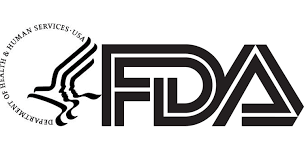
Don’t believe everything you see on the internet. There is no vaccine or specific treatment for COVID-19. Antibiotics don’t work against viruses, including this virus. There is nothing you can eat, rub on yourself, or inhale that will protect you from this virus or cure it. There is quite a bit of research going on into a vaccine or medications that may help, so I hope to be able to pass on that good news soon. But until then, just scroll past anything that sounds too good to be true.
Get the facts from the FDA here: Coronavirus (COVID-19) Update: FDA Continues to Facilitate Development of Treatments.
Get the facts from the FDA here: Coronavirus (COVID-19) Update: FDA Continues to Facilitate Development of Treatments.
Does ibuprofen make COVID-19 worse?
This is such a new virus that doctors must make quick decisions for their patients without all the information they need. Some French doctors currently advise against using ibuprofen (Motrin, Advil, many generic versions) for COVID-19 symptoms based on a few observations of people with COVID-19 who were taking ibuprofen and got worse. Of course, some people with COVID-19 do get worse. The studies that can help tell us whether ibuprofen may contribute to people with COVID-19 getting very sick haven’t been done yet. So, doctors and public health institutions have to figure out what to do with this little bit of unclear information. The World Health Organization initially recommended using acetaminophen instead of ibuprofen to help with fever and aches related to COVID-19. They have since updated that recommendation to say that either acetaminophen or ibuprofen can be used.
I have a regularly scheduled doctor or dental appointment. Should I go?
| No. At this point—both to conserve the masks, gowns, and gloves that keep health care safe and to support us all in staying home—you should call your doctor and see if your appointment can be done over the phone or video-chat or rescheduled. If you are not in pain, your dental appointment should be rescheduled. Elective surgeries should be rescheduled. |
Can I get this from my pet?
| No. We have no reason to believe our pets can spread COVID-19 to us. Not from licking us or from us petting their fur. And, no, you should not try to get your pet tested for COVID-19. What can I do to keep my immune system strong? The best way to keep your immune system strong is to take great care of yourself. Rest, eat fruits and vegetables, drink water, get moderate daily exercise. Try to reduce your stress, and get enough sleep. Connect with a friend or loved one. |
What all is closed now?
Well, actually, it’s easier to say what’s open. Gov. Jay Inslee has issued a Stay Home, Stay Healthy order in Washington state which will be effective for a minimum of two weeks. The order requires every Washingtonian to stay at home. We can leave the house to get groceries or takeout, go for a walk or other exercise, or go to work at an essential business. All grocery stores, pharmacies, gas stations, and food supply chains will remain open.
Not sure if you or your business qualifies as "essential?" Below is a downloadable PDF list of "Essential Critical Infrastructure Workers." For individuals looking to clarify status, or petition to be added to the list of Essential Critical Infrastructure Workers, please click HERE. You may also download the Washington State Business Re-Entry Registration Guide below.
Not sure if you or your business qualifies as "essential?" Below is a downloadable PDF list of "Essential Critical Infrastructure Workers." For individuals looking to clarify status, or petition to be added to the list of Essential Critical Infrastructure Workers, please click HERE. You may also download the Washington State Business Re-Entry Registration Guide below.
How long is this going to last?
The governor’s Stay Home, Stay Healthy order will last at least two weeks. It is likely that some amount of social distancing will be necessary for weeks or months beyond that. The better we do at staying home and away from other people, the quicker we will get the virus under control.
Read the full article here.
We do not currently know if pregnant women have a greater chance of getting sick from COVID-19 than the general public nor whether they are more likely to have serious illness as a result. Pregnant women experience changes in their bodies that may increase their risk of some infections. With viruses from the same family as COVID-19, and other viral respiratory infections, such as influenza, women have had a higher risk of developing severe illness. It is always important for pregnant women to protect themselves from illnesses.
How can pregnant women protect themselves from getting COVID-19?
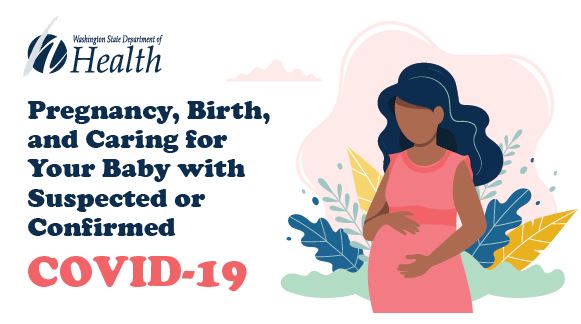
Pregnant women should do the same things as the general public to avoid infection. You can help stop the spread of COVID-19 by taking these actions:
- Cover your cough (using your elbow is a good technique)
- Avoid people who are sick
- Clean your hands often using soap and water or alcohol-based hand sanitizer
Can COVID-19 cause problems for a pregnancy?
We do not know at this time if COVID-19 would cause problems during pregnancy or affect the health of the baby after birth.
Can COVID-19 be passed from a pregnant woman to the fetus or newborn?

We still do not know if a pregnant woman with COVID-19 can pass the virus that causes COVID-19 to her fetus or baby during pregnancy or delivery. No infants born to mothers with COVID-19 have tested positive for the COVID-19 virus. In these cases, which are a small number, the virus was not found in samples of amniotic fluid or breastmilk.
If a pregnant woman has COVID-19 during pregnancy, will it hurt the baby?
| We do not know at this time what if any risk is posed to infants of a pregnant woman who has COVID-19. There have been a small number of reported problems with pregnancy or delivery (e.g. preterm birth) in babies born to mothers who tested positive for COVID-19 during their pregnancy. However, it is not clear that these outcomes were related to maternal infection. |
Transmission of COVID-19 through breast milk

Much is unknown about how COVID-19 is spread. Person-to-person spread is thought to occur mainly via respiratory droplets produced when an infected person coughs or sneezes, similar to how influenza (flu) and other respiratory pathogens spread. In limited studies on women with COVID-19 and another coronavirus infection, Severe Acute Respiratory Syndrome (SARS-CoV), the virus has not been detected in breast milk; however we do not know whether mothers with COVID-19 can transmit the virus via breast milk.
CDC breastfeeding guidance for other infectious illnesses
Breast milk provides protection against many illnesses. There are rare exceptions when breastfeeding or feeding expressed breast milk is not recommended. CDC has no specific guidance for breastfeeding during infection with similar viruses like SARS-CoV or Middle Eastern Respiratory Syndrome (MERS-CoV).
Outside of the immediate postpartum setting, CDC recommends that a mother with flu continue breastfeeding or feeding expressed breast milk to her infant while taking precautions to avoid spreading the virus to her infant.
Outside of the immediate postpartum setting, CDC recommends that a mother with flu continue breastfeeding or feeding expressed breast milk to her infant while taking precautions to avoid spreading the virus to her infant.
Breast milk is the best source of nutrition for most infants. However, much is unknown about COVID-19. Whether and how to start or continue breastfeeding should be determined by the mother in coordination with her family and healthcare providers. A mother with confirmed COVID-19 or who is a symptomatic PUI should take all possible precautions to avoid spreading the virus to her infant, including washing her hands before touching the infant and wearing a face mask, if possible, while feeding at the breast. If expressing breast milk with a manual or electric breast pump, the mother should wash her hands before touching any pump or bottle parts and follow recommendations for proper pump cleaning after each use. If possible, consider having someone who is well feed the expressed breast milk to the infant.
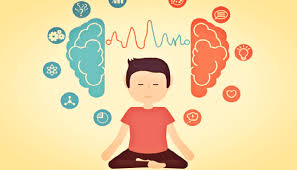
Disease outbreaks bring feelings of overwhelm, helplessness and worry. Social distancing is absolutely necessary right now to protect ourselves and people we love. And it comes with a cost. It is massively disruptive to our lives and it takes away many of the usual outlets we have for blowing off steam—gyms are closed, bars and restaurants are closed, social media is an incessant reminder of the pandemic. If you have a chronic disease or deal with depression and anxiety on a daily basis, you may be especially stressed right now. And, remember, those helping with the response efforts – nurses, doctors, first responders - are doing so while also worrying about their own health, and their families.
So what can we do to cope during this public health emergency?
So what can we do to cope during this public health emergency?
- Connect! It’s our relationships that will see us through this. Find a way to invest in those important relationships from at least 6 feet away. Skype, Facetime, Zoom or just talk on the phone. Video-chatting is fun! You feel like a techno-wiz and you can see your friend and their pets and kids and make each other smile!
- Take care of yourself. The old fashioned way—with nourishing foods, lots of sleep, deep breaths, and exercise. Exercise is especially good for your mental health. Unplug from social media. You know, after you’re done reading this.
- Focus on anything else. Clean, cook, garden, sing, play games, create, read, write. Do whatever it takes to allow your mind to focus on the parts of your life that bring you energy and joy!
- Know when to call for help. If you continue to feel overwhelmed and struggle to get through the day, call your health care provider, therapist or mental health provider and set up a telemedicine appointment.
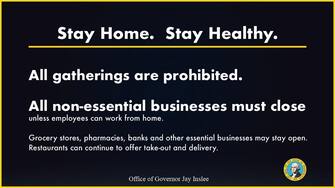
WA “Stay Home, Stay Healthy” Order:
Yesterday, Gov. Jay Inslee held a live address from his office to announce a “Stay Home, Stay Healthy” order requiring every Washingtonian to stay home unless they are engaged in an essential activity. You can read the governor’s announcement here.
This proclamation will:
- -Require every Washingtonian to stay home unless they need to pursue an essential activity.
- -Ban all gatherings for social, spiritual and recreational purposes.
- -Close all businesses except essential businesses.
The proclamation states it’s still safe for people to go outside as long as they remain at least six feet from each other. Grocery stores, doctor’s offices and other essential businesses will remain open. People can still participate in activities such as bike rides, gardening, and dog walking — as long as they follow social distancing rules.
Visit the Pacific County Health and Human Services' website for updated WA State COVID-19 numbers, resources and information: http://pacificcountyhealthdepartment.com/covid-19
For March 23, 2020 COVID-19 updates, please visit the Pacific County Health and Human Services' website HERE.
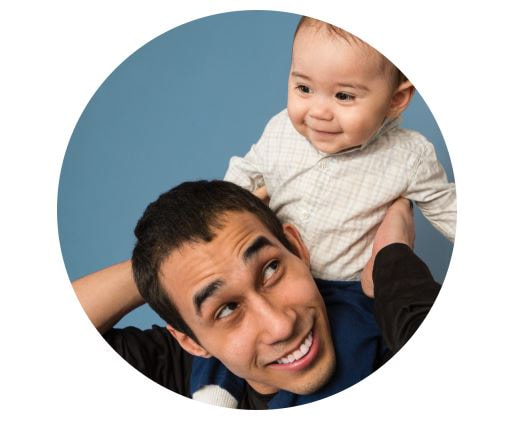
Vroom!
While you are at home, are there young kids in your life who you could reach out to? Babies are born ready to learn. And you have what it takes to help them! Even a few minutes count!
Have you checked out www.Vroom.org? Vroom is a great resource for families of kids up to the age of 5 to make the most of their time with their children, even if all you are doing is staying at home! Vroom has tips to add early learning into the new daily routine - and to remind everyone with a child in their life that YOU already have what it takes to create a bright future for this child!
Here’s a great tip from Vroom: Take a minute today to watch your child. Pay attention to what they look at. How do they move? What do they sound like? What are they learning? Even when you’re busy, responding to what they are learning deepens your connection with them.
While you are at home, are there young kids in your life who you could reach out to? Babies are born ready to learn. And you have what it takes to help them! Even a few minutes count!
Have you checked out www.Vroom.org? Vroom is a great resource for families of kids up to the age of 5 to make the most of their time with their children, even if all you are doing is staying at home! Vroom has tips to add early learning into the new daily routine - and to remind everyone with a child in their life that YOU already have what it takes to create a bright future for this child!
Here’s a great tip from Vroom: Take a minute today to watch your child. Pay attention to what they look at. How do they move? What do they sound like? What are they learning? Even when you’re busy, responding to what they are learning deepens your connection with them.
Author
Most posts are populated by our board and staff, check the byline!
Archives
October 2021
August 2021
July 2021
June 2021
May 2021
April 2021
March 2021
February 2021
December 2020
November 2020
October 2020
July 2020
June 2020
May 2020
April 2020
March 2020
July 2018
October 2017
August 2017


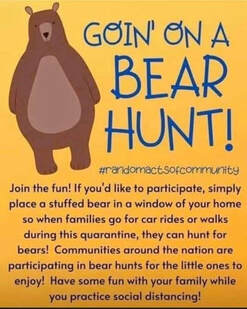
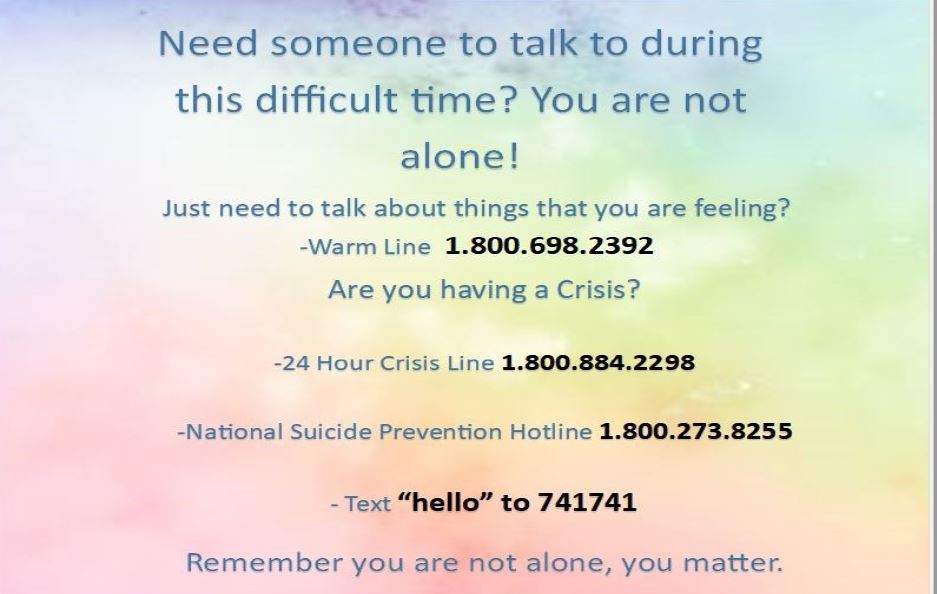
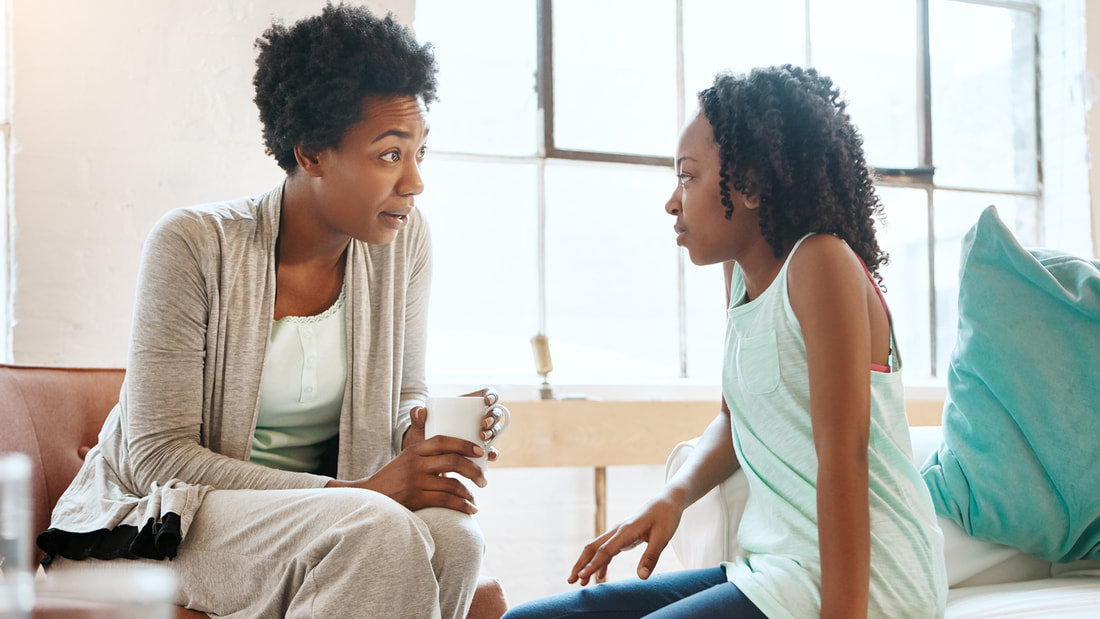
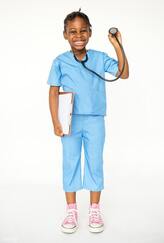



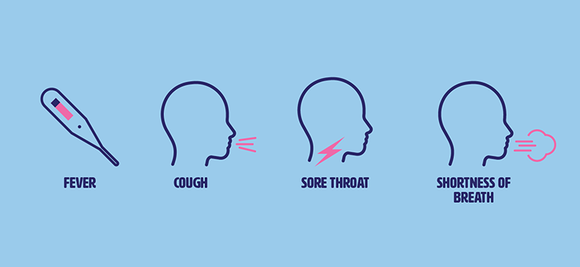
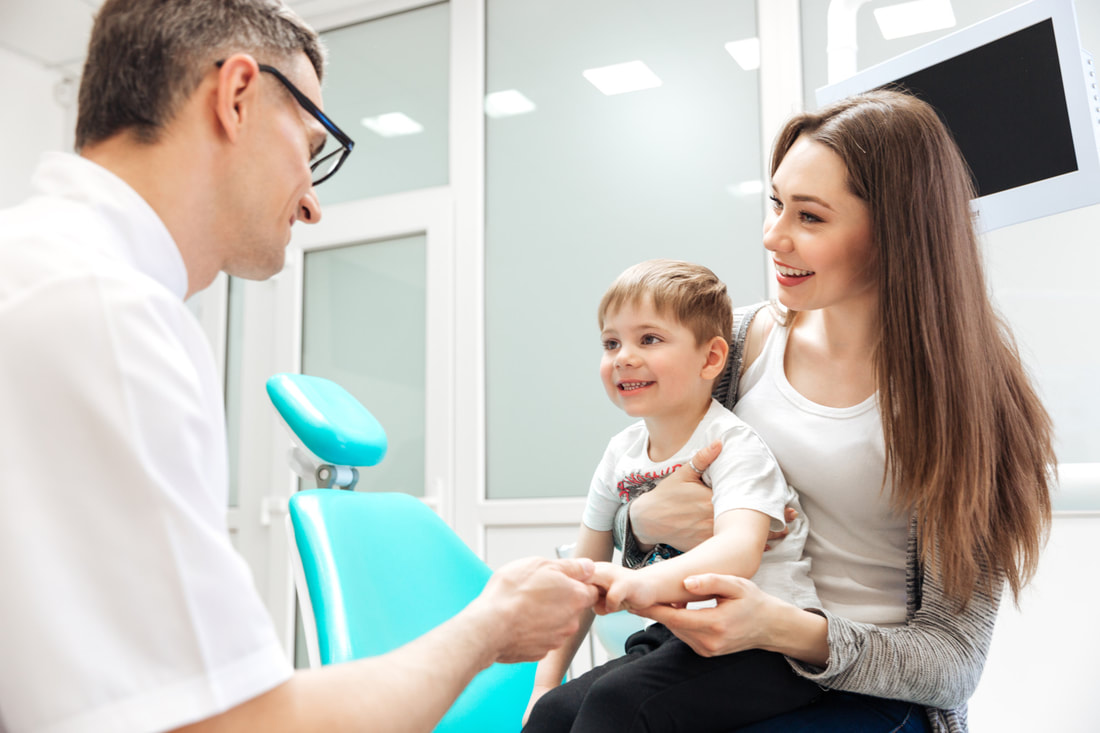
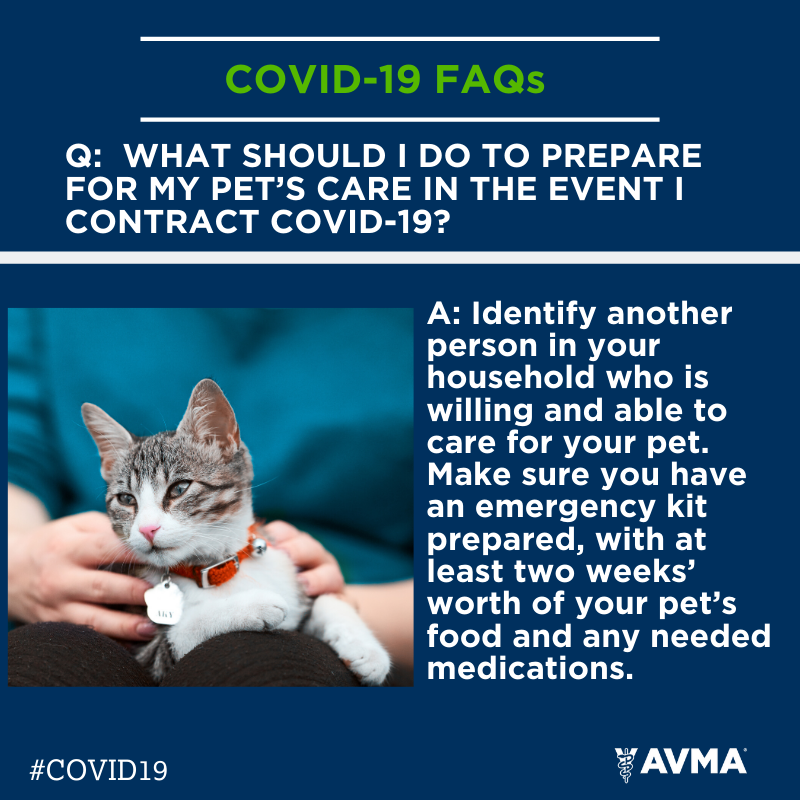
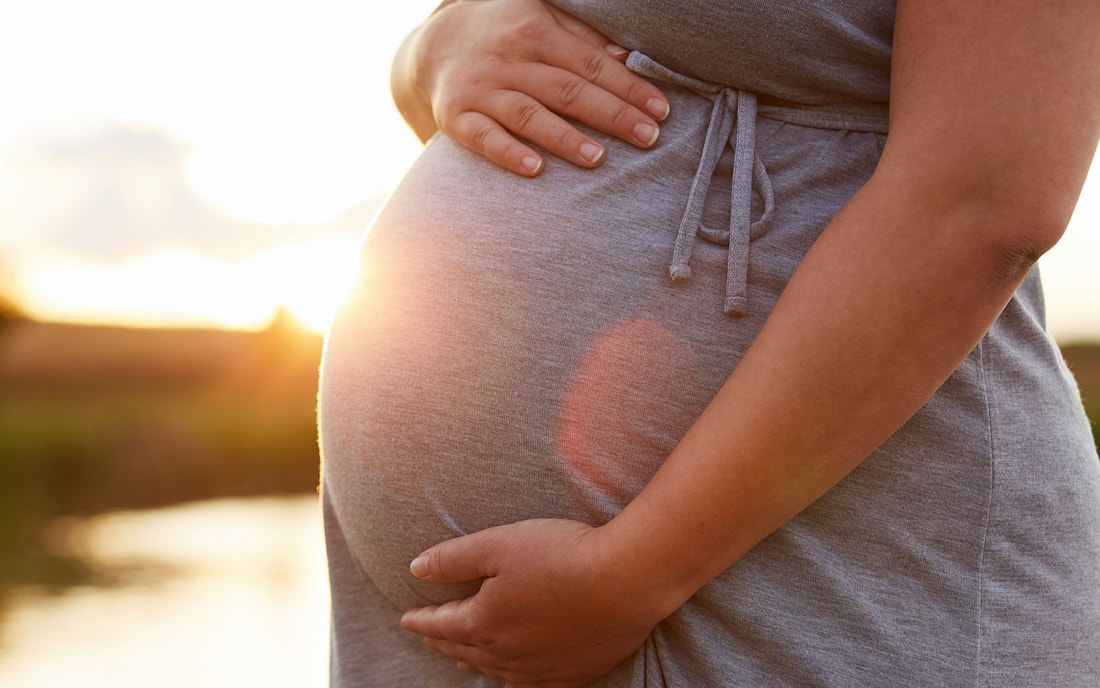
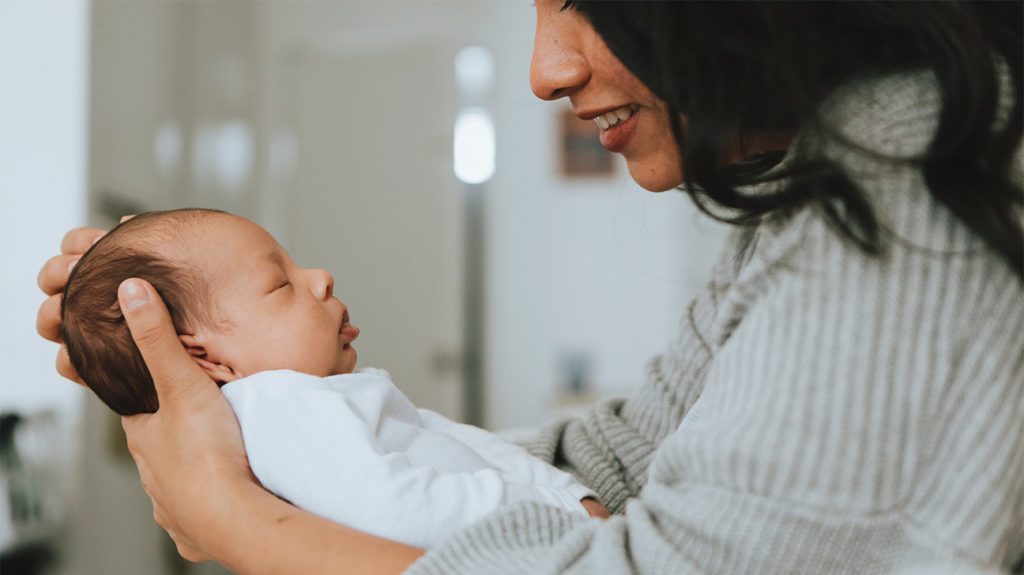




 RSS Feed
RSS Feed
